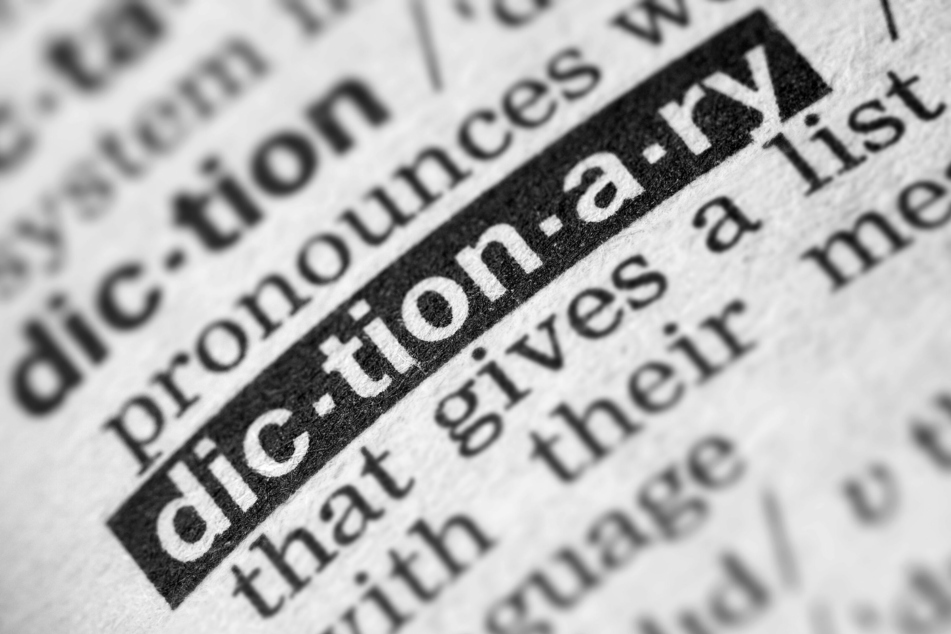"Yeet!" Dictionary.com adds new words covering race identity and virus-related slang
By Nelson Oliveira, New York Daily News
Oakland, California - Some of the dictionary's newest additions might have "youse" saying "Oof!"

The relentless coronavirus pandemic, the ongoing reckoning with race and identity, and the ever-changing world of technology continue to shape the English language – including slang.
The latest additions to Dictionary.com include a series of race and virus-related terms, such as "Black Code" and "long hauler," as well as increasingly common expressions like "yeet," "oof," "zaddy," "dad joke,"and "s**tshow," the online lexicon revealed this week.
"Yes, 'yeet' is now in the dictionary, which may prompt some of us to use one other of our new entries: 'oof!'" said John Kelly, the website’s managing editor.
The increasingly popular exclamation "yeet" is used to show enthusiasm, approval, triumph, pleasure, and joy, according to Dictionary.com. "Oof," on the other hand, is an exclamation to sympathize with someone else’s pain or dismay, or to express one’s own.
"The latest update to our dictionary continues to mirror the world around us," said Kelly. "'Long Covid,' 'minoritize,' '5G,' 'content warning,' 'domestic terrorism' — it’s a complicated and challenging society we live in, and language changes to help us grapple with it.”
The new entries are inclusive of "racial reckoning" and a Covid-19 landscape

Dictionary.com defines "long Covid" as a condition characterized by symptoms or health problems that linger or appear after recovering from the virus. "Long hauler" has a similar use, relating to the long-term effects of an acute illness or infection.
"Minoritize" was updated to define the action of making a person or group subordinate in status to a more dominant group or its members — one of multiple updates showing how the ongoing debate on race has changed the English language.
"Black Code," for instance, is now defined as any code of law that limited the rights of formerly enslaved African-Americans following the Civil War.
The website also updated its entry for "Aunt Jemima," which is now defined as a disparaging and offensive term used to refer to a Black woman considered by other Black people to be subservient to or to curry favor with white people.
"DEI" — which stands for diversity, equity, and inclusion — was also added to describe a conceptual framework promoting the fair treatment and full participation of all people, including those who have historically been underrepresented or subject to discrimination, especially in the workplace.
But the English language sometimes changes "just for fun," Kelly said.
"Perhaps these lighter slang and pop culture newcomers to our dictionary reflect another important aspect of our time — a cautious optimism and a brighter mood about the future ahead after a trying 2020," Kelly said in a statement.
Other interesting additions include "a**hat," "blamestorm," "boondoggle," "cultural appropriation," "deplatform," "scrappy," and "trap house." It also includes "youse," "you-uns," and "y'all" as terms to directly address to two or more people.
Cover photo: 123RF/outchill